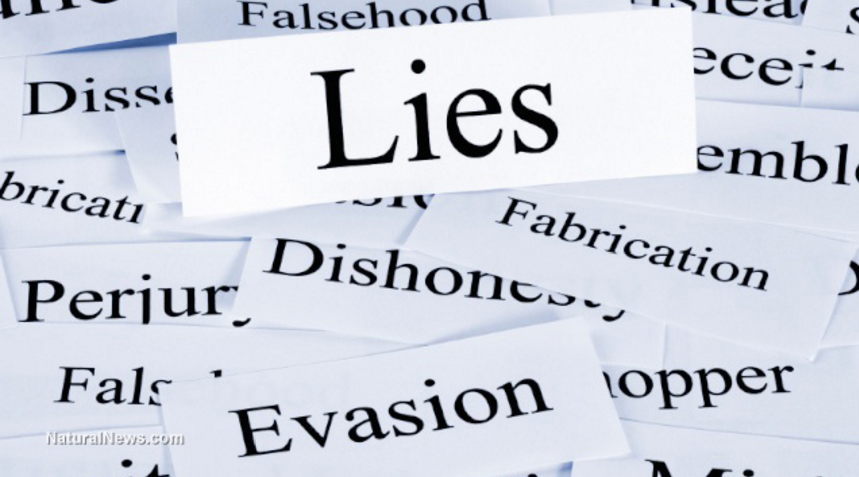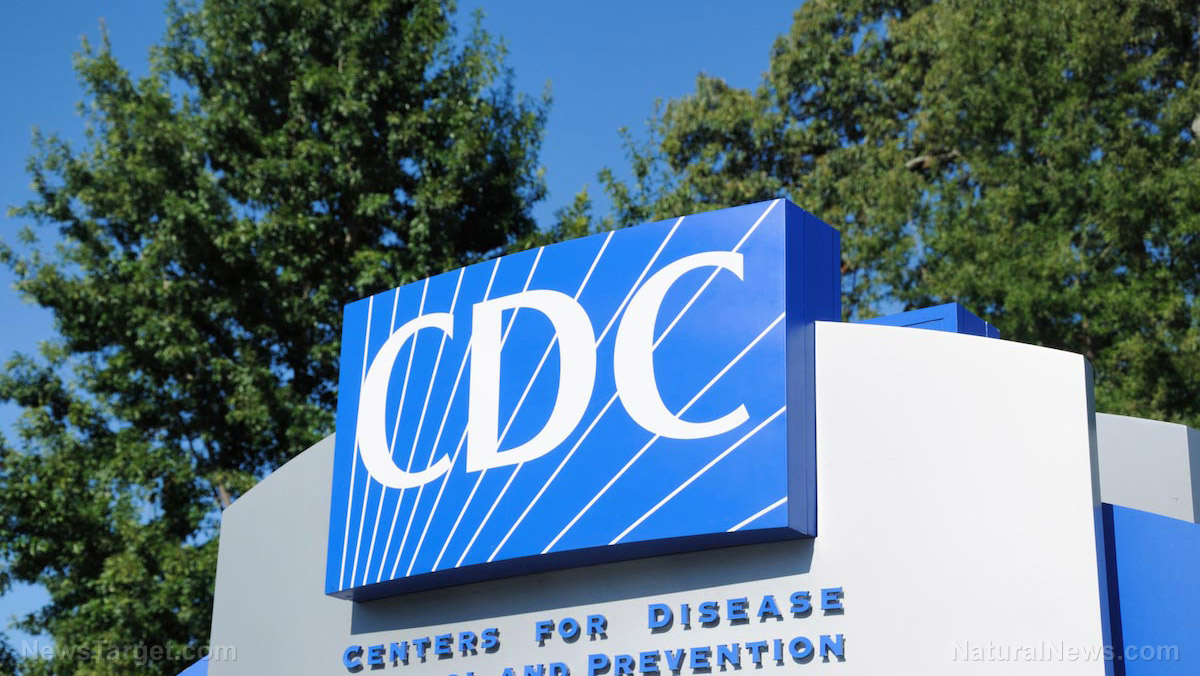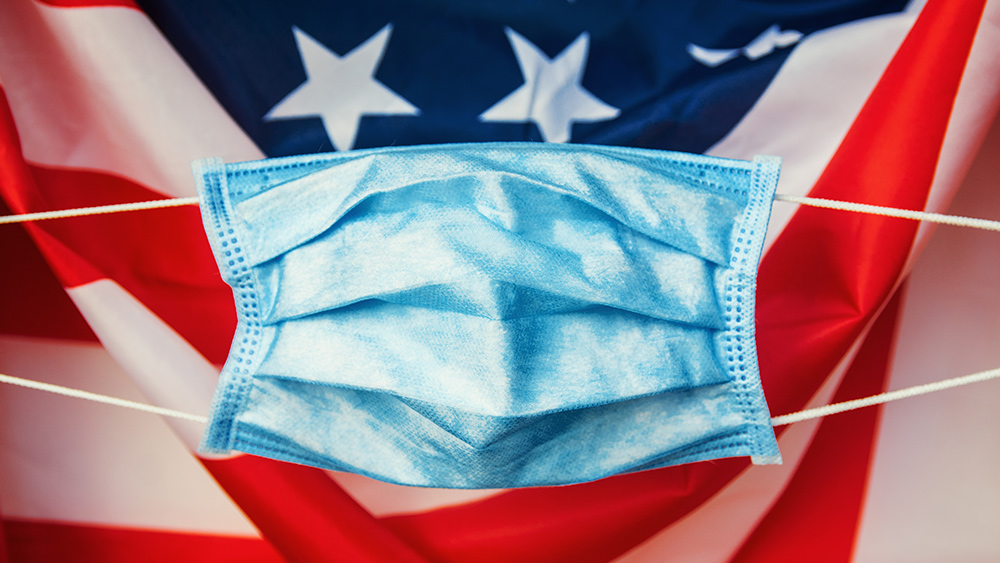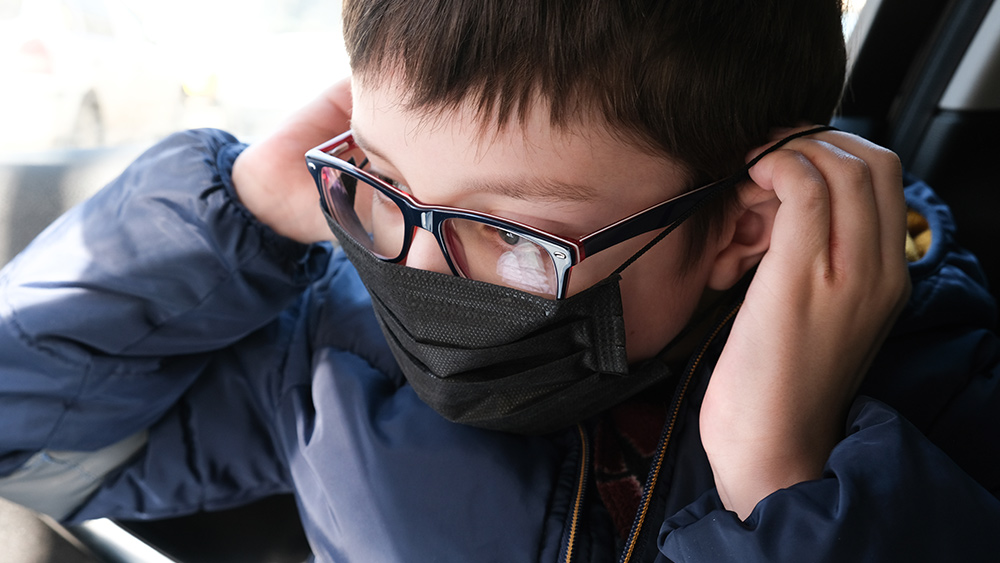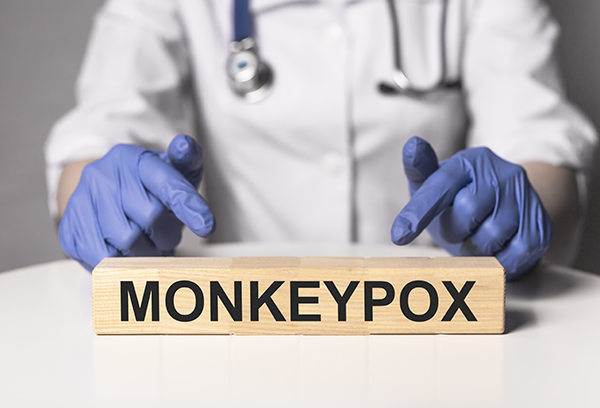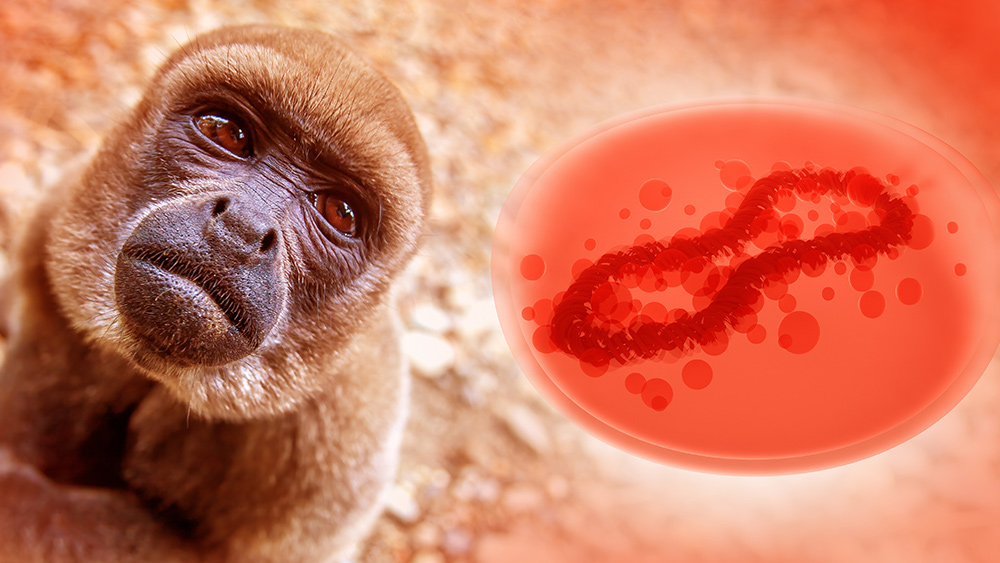More than half of all new monkeypox cases detected in homosexual men: data
06/12/2022 / By Ethan Huff
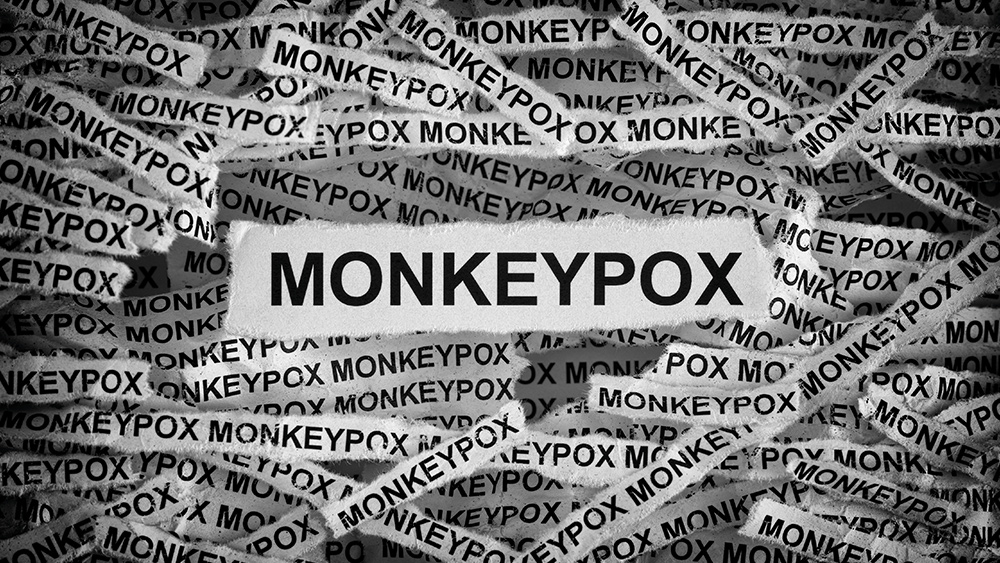
The latest data out of England shows that greater than 50 percent of all new cases of monkeypox are occurring in men who have sex with other men.
Of the 190 confirmed cases of monkeypox identified by the United Kingdom’s Health Security Agency (UKHSA) from May 6 through May 31, 183 were in England, four were in Scotland, two were in Northern Ireland, and one was in Wales.
Eighty-six percent of England’s cases are in London, and only two are women. Most of the cases are in men between the ages of 20 and 49 who are homosexual, bisexual or transgender. (Related: Health authorities are reluctant to call a spade a spade for fear of being labeled homophobic or transphobic.)
Investigations thus far have linked a bulk of the cases to LGBTQ bars, saunas and hookup apps on smartphones through which men connect with other men for sexual activity.
“Monkeypox can affect anyone but we know that many of the most recent diagnoses are in gay, bisexual, and other men who have sex with men, many of whom live in, or have links to London,” says Prof. Kevin Fenton, London’s regional director for public health.
“We’re reminding everyone of the symptoms of monkeypox, and especially gay and bisexual men in particular, to be especially aware and seek advice immediately by calling NHS 111 or their local sexual health clinic if they have concerns.”
Fenton went on in a statement to say that the “risk of stigma” is great with monkeypox because it appears to have a penchant for non-straight men. This leads to “great” uncertainty, he says.
In order to remain politically correct, Fenton’s agency is partnering up with the National Health Service (NHS) and various sexual health groups in and around London to “share accurate information” about monkeypox, “especially to people and groups at increased risk through representative voices.”
CDC jumps at opportunity to push masks again, even though monkeypox is spread through skin
Some believe that monkeypox is a “side effect” of Wuhan coronavirus (Covid-19) “vaccination” – perhaps the boils spoken about in Revelation 16. Others are questioning whether monkeypox is even real, at least in terms of actually being a widespread risk.
Either way, the U.S. Centers for Disease Control and Prevention (CDC) is already fearmongering about masks, despite the fact that monkeypox is a skin-to-skin disease and not a respiratory disease.
According to reports, the CDC just increased its “alert” status to a level 2, which means the agency is recommending that people once again wear a mask while traveling.
Like the UKHSA, the CDC is also admitting that monkeypox is most prevalent among “men who have sex with men,” which seems to be the theme of this latest outbreak.
“Cases of monkeypox have been reported in Europe, North America, South America, Africa, Asia, and Australia,” the CDC announced.
“Some cases were reported among men who have sex with men. Some cases were also reported in people who live in the same household as an infected person.”
The official story is that this version of monkeypox starts out with flu-like symptoms but soon expands to swelling of the lymph nodes and a rash across the body and face. After that, painful lesions form on the rash areas, leaving behind severe scarring.
“What’s likely happened is an endemic infectious disease from Africa found its way into a social and sexual network and then was greatly aided by major amplification events, like raves in Belgium, to disseminate around the world,” says Dr. Amesh Adalja, a senior scholar at the Johns Hopkins Center for Health Security.
The latest news about monkeypox can be found at Outbreak.news.
Sources for this article include:
Submit a correction >>
Tagged Under:
cases, disease, gay lifestyles, gay men, homosexuals, infections, LGBT, monkeypox, outbreak, pandemic, Plandemic, vaccines
This article may contain statements that reflect the opinion of the author
RECENT NEWS & ARTICLES
Infections.News is a fact-based public education website published by Infections News Features, LLC.
All content copyright © 2018 by Infections News Features, LLC.
Contact Us with Tips or Corrections
All trademarks, registered trademarks and servicemarks mentioned on this site are the property of their respective owners.





